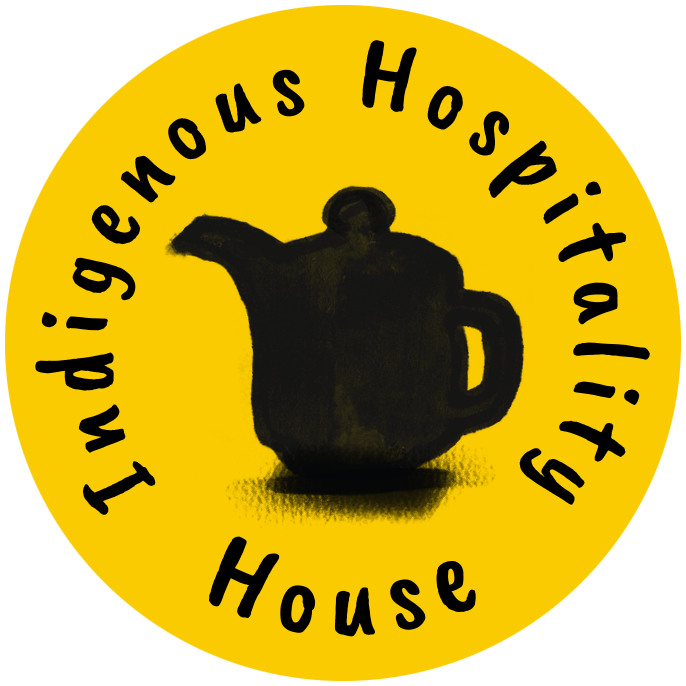On Sunday March 16 we met with our business committee, as we do each month. The main thing we needed to talk about was our response to COVID-19.
As a group, we came to the conclusion that it was best for us to close the house to hospital guests for the time being, rather than risk spreading the virus to our guests and their communities. For many of our hospital guests, the fact that we offer accommodation in an informal, home environment is attractive, but in the current situation, what we offer isn’t appropriate. At the moment, folks need to be able to stay somewhere that is self-contained, not in a sharehouse.
Most of us resident volunteers are continuing to stay at the house. We are all following the guidelines around handwashing (especially when re-entering the house or preparing food) and we’ve cut off most physical contact with folks outside the house. We are hoping that we might be able to help out locally during this time. If you know of ways that we could help out without spreading the virus, please get in touch.
We also cancelled our annual trivia night for the time being, but we’re hoping we might be able to reschedule it as a celebration once we’re able to open again.
We’ve been thinking that this time might be an opportunity to do some more online engagement, but so far we’ve just been settling into the new situation. If there’s anything you’d like to do with us online, let us know. Keep an eye on our Facebook page, where we will let you know what’s happening.






